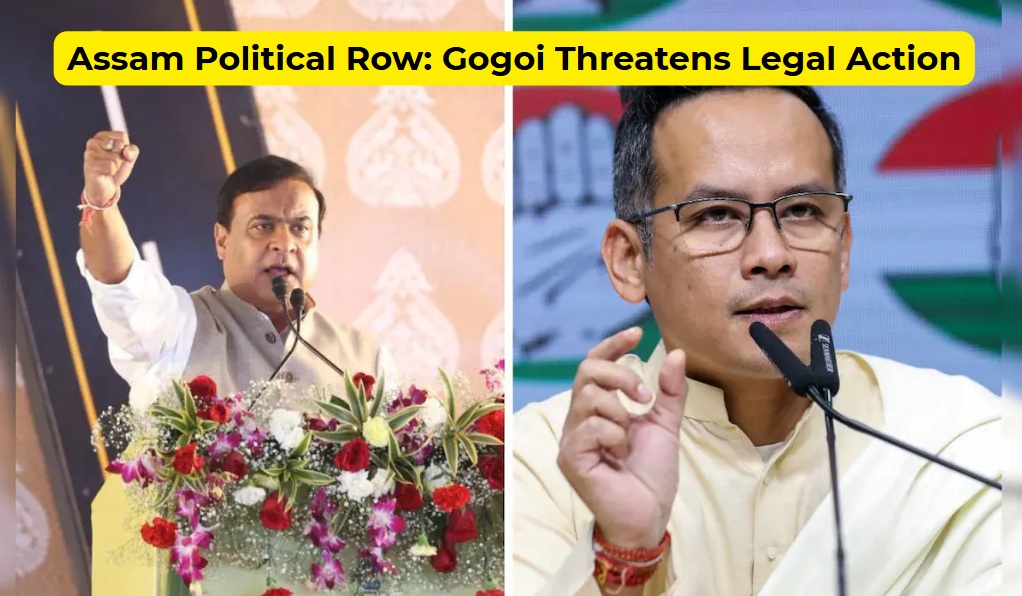Pakistan’s Defence Minister Khawaja Asif on Monday declared that Islamabad currently has “no ties” with Afghanistan following what he described as an unprovoked attack by Taliban forces along the Pakistan–Afghanistan border over the weekend, Dawn reported.
The remarks come amid heavy fighting along multiple points of the frontier, where both countries have traded fire for two consecutive days. The situation marks one of the most serious breakdowns in relations between Islamabad and Kabul since the Taliban seized power in 2021.
A Former Ally Turns Foe
Once strategic partners, Pakistan and Afghanistan now stand on opposite sides of the battlefield. Reports from border areas describe tank movements, aerial surveillance, and drone activity across the Durand Line.
“The atmosphere is hostile,” Asif admitted in his televised interview. “At present, there is no active clash, but relations between the two countries have completely broken down. We have suspended all engagement with Kabul.”
His statement effectively formalized the diplomatic freeze — signalling a major policy shift for Pakistan, which long supported the Taliban during its insurgency years.
Fighting Erupts Across Multiple Fronts
Hours after Asif’s comments, reports of renewed clashes began to emerge from two key points — Sarlat and Sorabak — where Pakistani and Afghan forces exchanged heavy gunfire. Local sources allege that Taliban fighters have overrun several Pakistani border posts.
Unverified reports suggest at least 58 Pakistani soldiers may have been killed, with the Taliban claiming to have seized more than 24 checkpoints. Pakistan has not issued an official casualty statement.
Fighting has also been reported across at least seven sectors, stretching from Angoor Adda, Kurram, Chitral, and Waziristan in Khyber Pakhtunkhwa to Brahmachah and Chaman in Balochistan. The scattered nature of the clashes — covering nearly 1,500 kilometres of terrain — has made it difficult for Pakistani forces to mobilize reinforcements swiftly.
Crisis Inside Pakistan’s Military Establishment
The border escalation has triggered alarm within Pakistan’s security establishment. Senior military commanders, intelligence officials, and the Chief of Army Staff, General Asim Munir, reportedly held an emergency meeting at GHQ Rawalpindi late Sunday night.
Sources told local media that the meeting turned tense after Munir questioned intelligence failures that allowed Taliban forces to breach Pakistani territory undetected. Calls for accountability have intensified, with reports that ISI chief Lt. Gen. Asif Malik has been asked to explain lapses in border surveillance and response.
The episode has further deepened divisions within the army, particularly among officers who have publicly expressed unease over operations targeting domestic Islamist groups such as the Tehreek-e-Labbaik Pakistan (TLP).
Public and Political Backlash
The fallout from Khawaja Asif’s remarks has sparked fierce political debate. Lawmakers have accused the minister of “recklessness” for declaring Afghanistan an “enemy state,” while opposition figures demanded his resignation.
Meanwhile, Pakistani media — including state broadcaster PTV — have come under fire for airing foreign coverage perceived as sympathetic to Israel and the U.S. The move has angered conservative factions, especially after a government channel aired former U.S. President Donald Trump’s address in the Israeli Knesset, a decision critics called “tone-deaf” given public outrage over Gaza.
Religious groups and hardline political movements have since staged demonstrations in Karachi, Lahore, and Islamabad, accusing the government of “betraying Islamic unity” by aligning too closely with the West while alienating neighbouring Muslim nations.
Regional Ripples and International Reactions
Pakistan’s diplomatic troubles may not end at its western frontier. Analysts say the country now faces potential isolation, with Iran reportedly voicing concerns over Islamabad’s overtures toward the U.S. and Israel.
With India watching the situation closely from the east, Islamabad finds itself encircled by three nations with strained relations — Iran, Afghanistan, and India — all while facing growing domestic unrest and political instability.
A Former Patron, Now the Target
For decades, Pakistan’s military and intelligence agencies nurtured close ties with the Taliban, seeing them as a strategic asset in Afghanistan. But that relationship has soured dramatically.
Today, the same Taliban fighters once trained and funded on Pakistani soil are battling Islamabad’s own troops. Social media from Afghanistan shows crowds celebrating recent clashes, with some even raising slogans of “Hindustan Zindabad” — a stinging rebuke to Pakistan’s long-held narrative of control over Kabul.
An Uncertain Road Ahead
Despite no formal declaration of war, the situation remains perilously close to open conflict. Columns of smoke rising from outposts across the border and reports of desertions within Pakistan’s ranks underscore the gravity of the crisis.
Analysts warn that Pakistan’s strategic miscalculations — from overreliance on militant proxies to deepening internal rifts within the army — have left it dangerously exposed.
“Pakistan is reaping what it sowed,” a regional security expert told The Guardian Pakistan. “The Taliban have turned their guns on the very state that once empowered them. It’s not just a border dispute — it’s a reckoning.”
Bottom Line
Pakistan now faces one of its most severe diplomatic and security crises in decades. With ties severed, borders aflame, and its former ally turned adversary, Islamabad’s long-standing policy of “strategic depth” in Afghanistan appears to have collapsed — leaving behind a storm of instability that threatens to engulf the region.
khawajaasif, #AfPakConflict, #DurandLineClash, #TalibanVsPakistan, #kabul, #asifmunir, #PakistanArmyExposed, #AfghanistanRetaliates, #BorderShowdown, #PakistanBackfires, #AfghanistanStrike, #DurandLineTensions, #dailydozes,





